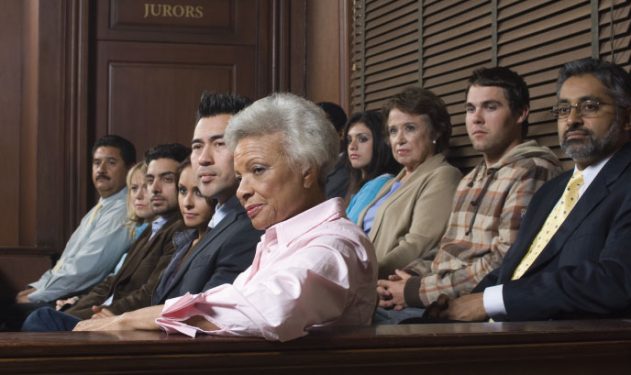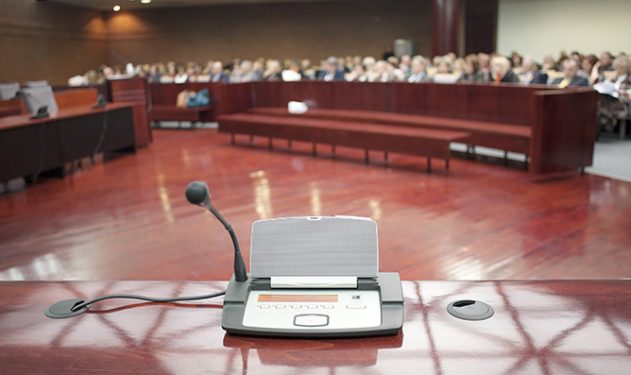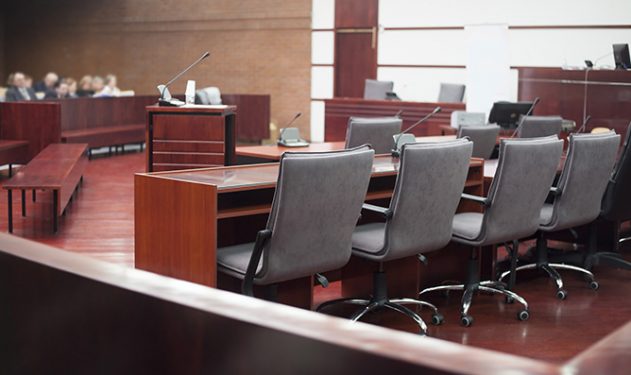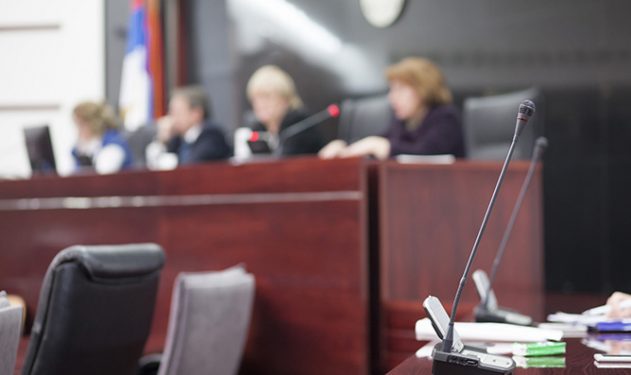For those of you who utilize expert witnesses in your practice, there has been a recent change in the disclosure requirements you need to make note of. House Bill No. 2473 was recently passed and will go into effect on July 1, 2012.
Federal Rule of Civil Procedure 26 differs from Kansas state rule, K.S.A. 60-226 in a number of respects. Federal Rule 26 provides work-product protection to drafts of expert reports and, with some exceptions, communications between attorneys and their expert witnesses. The Rule also requires experts who were not “retained or specially employed” to provide disclosures. Since experts were generally required to provide signed written reports under the federal rule, it was not uncommon for there to be communications concerning the content, format and scope of the report between the expert and the sponsoring party. In fact, it was commonplace for there to be one or more drafts of the report before it is in its final signed form.Up until recently, the parallel Kansas rule did not contain similar provisions. Even in “civilized practice”, the absence of some of the provisions contained in the Federal Rule often lead to considerable controversy and motion practice in Kansas state courts. For example, the lack of protections afforded in the Federal Rule to attorney/expert communications resulted in attorneys attempting to delve into expert’s files in a search for any type of communication between the expert and the sponsoring attorney that opposing counsel might be able to use to infer to a jury that the expert was biased or a “hired gun”. Likewise, much was argued about what “opinions” held by non-retained experts needed to be disclosed – that is, those going beyond “incidental opinions” to care and treatment provided by the client’s health care provider.
Recently, the Kansas Civil Code Advisory Committee recommended amendments to the Kansas rules consistent with the Federal rules to help eliminate these battles. However, the legislature chose not to adopt the federal rules as written, rather, they were modified slightly to bet- ter fit Kansas practice. The following are the notable changes to the Kansas rule.
K.S.A. 60-226(b)(5) Trial Preparation: experts.
(B) Trial-preparation protection for draft disclosures. Subsections (b)(4)(A) and (b)(4)(B) protect drafts of any disclosure required under subsection (b)(6), and drafts of a disclosure by an expert witness provided in lieu of the disclosure required by subsection (b)(6), regardless of the form in which the draft is recorded.
(C) Trial preparation protection for communications between a party’s attorney and expert witnesses. Subsections (b)(4)(A) and (b)(4)(B) protect communications between the party’s attorney and any witness about whom disclosure is required under subsection (b)(6), regardless of the form of the communication, except to the extent the communications:
- relate to compensation for the expert’s study or testimony;
- identify facts or data that the party’s attorney provided andthat the expert considered in forming the opinions to be expressed; or
- identify assumptions that the party’s attorney provided and that the expert relied on in forming theopinions to be expressed.
K.S.A. 60-226(b)(6) Disclosure of expert testimony.
(A) Required disclosures. A party must disclose to other parties the identity of any witness it may use at trial to present expert testimony. The disclosure must state:
- the subject matter upon which the expert is expected to testify; and
- the substance of the facts and opinions to which the expert is expected to testify
(B) Witness who is retained or specially employed. Unless otherwise stipulated or ordered by the court, if the witness is retained or specially employed to provide expert testimony in the case, or is one whose duties as the party’s employee regularly involve giving expert testimony, the disclosure under subsection (b)(6)(A) must also state a summary of the grounds for each opinion.
In summary, communications between counsel and any witness who is expected to offer expert testimony at trial is considered work product except as set forth in K.S.A. 60-226(b)(5)(C). This includes any draft reports or “disclosures written in lieu of a written report”. Presumably, this now applies to all “expert” witnesses, retained and treating health care providers.








